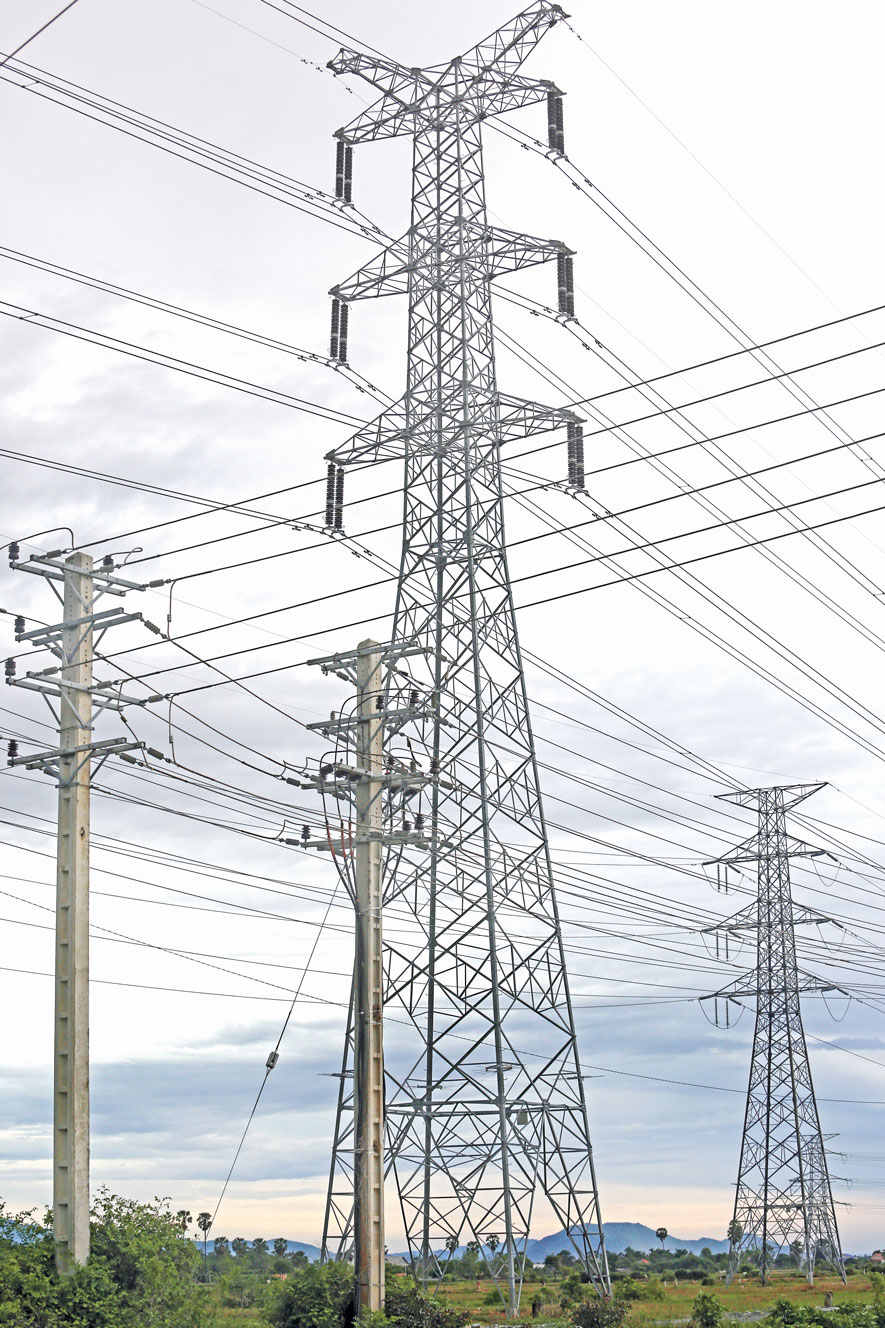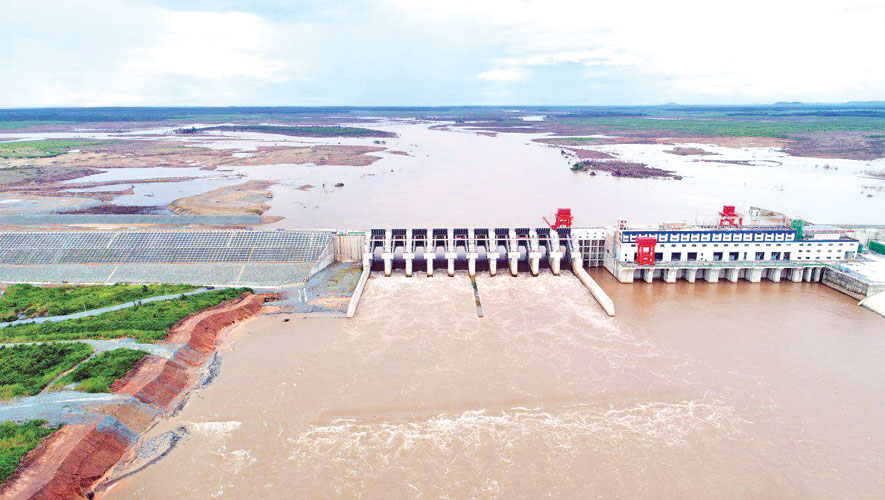Cambodia underscores the importance of enhancing national strength and self-reliance in maintaining its sovereignty and independence.
For the latest Cambodian Business news, visit Khmer Times Business
In this regard, Cambodia will never compromise its sovereignty for foreign assistance. With or without EBA (Everything but Arms), Cambodia is determined to survive and thrive.
However, to achieve this seemingly lofty target and goals, Cambodia needs to speed up internal reforms to reduce production cost and increase the competitiveness of Cambodian products. There are many layers of redundancy with the Cambodian bureaucracy dealing with exports and exports.
These need to be addressed and the recent drastic moves by the Public Works Ministry to remove some debilitating costs related to shipping containers and container movements without the port’s yard is a laudable move.
Now, how about the mafia-style inland transport operators like haulage companies and dry dock entity holders? Are they not holding importers and exporters alike hostage with their astronomical costs which still makes Cambodia one of the highest in shipping and transportation costs.
Exporters and importers prefer to export/import their products through Port of Ho Chi Minh City in Vietnam simply because shipping containers via there is way cheaper. Not only that, transporting the goods through land transhipment at the Vietnam-Cambodia border is also much more economical and quicker than importing or shipping via Sihanoukville port.
Does this ever give the powers that be, those who are in charge of trade development and inland transportation food for thought? Do they even care or is the cartel powerful enough to withstand any government or authority’s crackdown and operate with impunity?
The dogmatic bureaucratic process of Cambodia’s trade-related authorities hamper and discourage legal trade, thus causing Cambodia to lose millions in terms of hidden and unofficial costs which rightly should flow to the government’s coffers.
The tagline “Reform” has been used time and again since 2013. However, despite Prime Minister Hun Sen’s calls for reforms within the cabinet position holders as well as across the board to the sub-national level and beyond, it remains a tag line.
Nothing concrete has been done or implemented or even felt by the sectors that matter. In the context of trade, rice exporters are still suffering because of indirect unofficial costs which makes rice exports expensive and cumbersome.

The safeguards enforced by European Union do not help matters and put the livelihood of millions of Cambodian farmers, three million on some accounts, under tremendous pressure causing them to sink into poverty, throwing a huge spanner in the efforts of the government and the Prime Minister personally to eradicate poverty.
The Prime Minister can continue to talk and emphasise that reforms are critical, and that it will probably decide the survival of Cambodia’s trade competitiveness. But do the downliners care or did they even care about reforms especially those related to trade and commerce and industrialisation?
In 1993, a Singapore delegation comprising various state agencies drew up a master plan, which among others, proposed the creation of an industrial corridor, stretching from Phnom Penh airport to Sihanoukville seaport.
Over the two decades since the master plan, industrial zones have grown on what were once rice fields or natural water catchment areas but the cost of business has grown instead of declining with cheaper electricity brought about by the country’s various hydropower schemes.
Even electricity has become a problem with the onset of the dry season as brownouts are forecasted to take place and the electricity board has advised hoteliers and some industries and malls to use generators alternatively on various days for up to 12 hours to minimise electricity consumption.
Now whatever happened to the various hydropower generation companies and coal-fired power plants at Sihanoukville or even the Asean power grid? Can they not support or supply adequate power to keep the wheels of industry moving from now till May before the heatwave is expected to ease and demand for electricity eases?
Whatever happened to the reforms of the electricity supply and electrification efforts? It appears that as more hydropower dams kick into operation, the more power is consumed or demanded. Why can’t this be resolved to ensure that commerce and industry move continuously without suffering from black or brownouts that affect production while costs go up with the usage of diesel-powered generators as back-up?
It appears that no matter how hard one ministry or department, or even the Prime Minister tries to cut costs and make Cambodian industry and products more competitive, another will come along to neutralise or negate these efforts.
This is simply idiosyncrasy at work as the various ministries are not only not in sync, they also appear to be incompetent in dealing with the needs of reform, efficiency, quality of service and deliverables. Perhaps it is time the Prime Minister reconsiders the performance of these veteran ministers and replace them with driven and action-oriented younger personalities to achieve the reform agenda.
The bloated bureaucracy has reached a plateau in terms of performance and some ministries and their leaders have reached an equilibrium where they have hit their optimum and can no longer function without the direct intervention of the Prime Minister. They are also are incapable of thinking outside the box, let alone reform or understand what it entails.
In fact, many foreign visits and study tours by these officials abroad are a sheer waste of time and are often labelled as ‘retirement junkets’.




